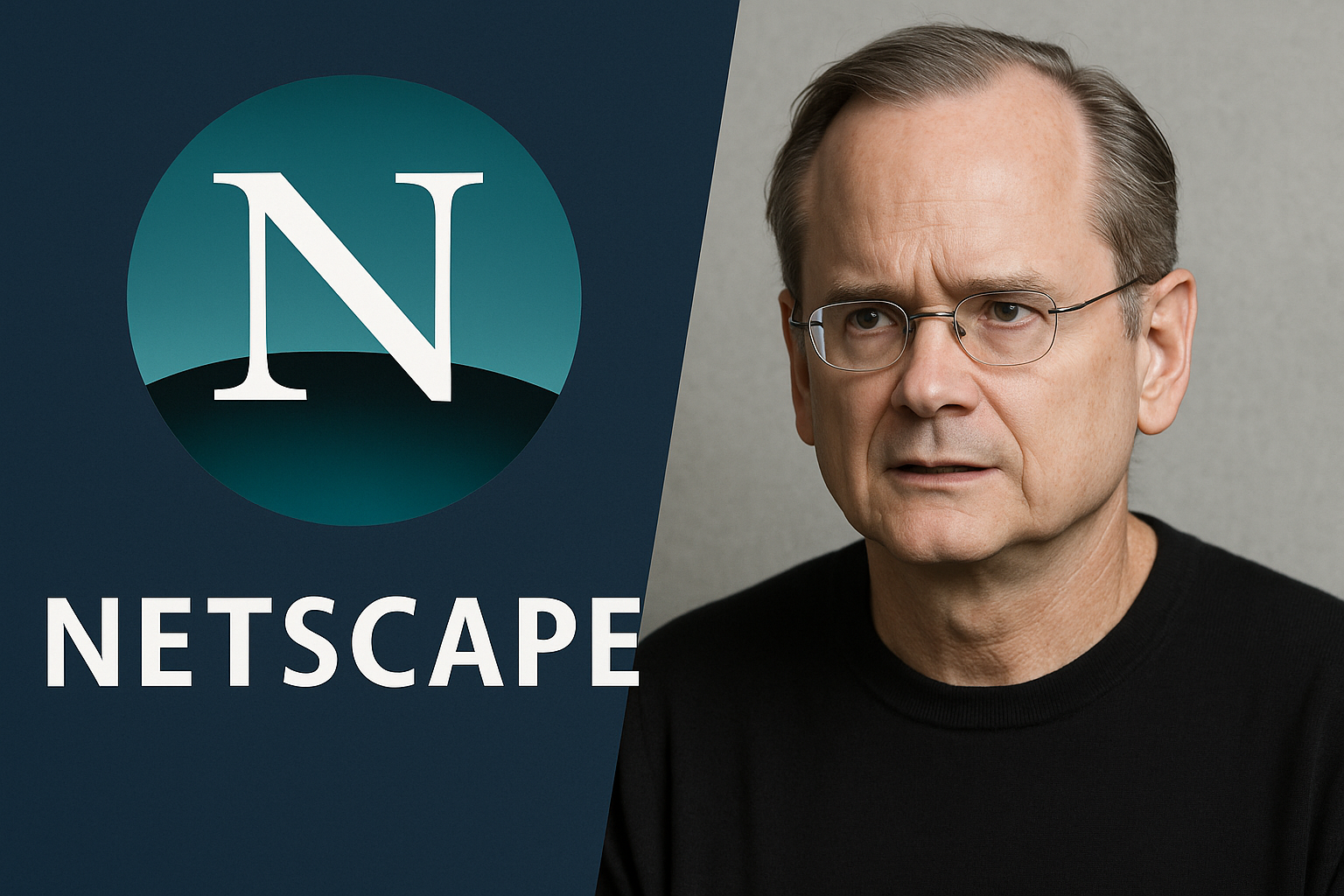I still remember the first browser wars.
It was the mid-90s. I was online with a dial-up modem that sounded like a fax machine getting into a fistfight. Netscape Navigator was the way to explore the web—until Microsoft started bundling Internet Explorer into every Windows computer. It felt like overnight, everyone was using IE. By 2002, it had 95% market share.
And just like that, Netscape was gone.
Then the challengers arrived: Firefox for the open-source faithful, Safari for Apple fans, and in 2008, Google Chrome—fast, clean, and developer-friendly. Chrome rose so quickly that by 2016, Internet Explorer was basically a relic.
That was round one.
Fast forward to 2024, and I’m getting déjà vu. Only this time, the fight isn’t about browsers—it’s about how we search, and who gets credit for the answers.
Search Engine Land just reported that Google’s U.S. market share dipped below 90% for the first time in years. That might not sound huge, but in internet terms, that’s a hairline fracture in a decades-old monopoly.
And guess what’s filling the gap? AI-powered answer engines—ChatGPT, Perplexity, You.com—tools that give you the answer right in the chat, no click required.
I read this piece in The Economist, and it reminded me of something I first learned in Lawrence Lessig’s 2004 book Free Culture: the internet has always had an unspoken deal. Creators and publishers put content online for free, and in return, they get traffic and attention that can be monetized.
AI breaks that deal. When the answer comes straight from a chatbot, the site that wrote it never gets the visit. Similarweb says in news searches, the share of clicks not going to publishers has jumped from 56% to 69%. Wikipedia is losing traffic. Stack Overflow is losing traffic. Even Google’s own AI Overviews are siphoning clicks away from the open web.
It’s a self-inflicted disruption—Google is trying to stay relevant in a game it already dominates, while simultaneously eroding the rules it built.
The first browser war was about speed and convenience. The AI search war? It’s about owning the answer.
If you’re in marketing, that means:
- Optimize for AI visibility—use structured data, concise summaries, and formats AI tools can easily parse.
- Build direct audience channels—email lists, communities, and social followings are your insurance policy.
- Experiment early—Perplexity’s ad beta, Bing’s AI chat placements, and other AI search platforms are the new frontier.
I lived through the first browser wars. I watched the giants fall, the upstarts rise, and the internet change forever.
Now I’m watching it happen again.
The players are different, but the stakes are the same: adapt, or be erased from the screen.

